In June, a diverse group of Christian leaders gathered at the National Press Club on behalf of the Circle of Protection to protest potential budget cuts targeting the poor. Representing the full range of Christian traditions, the speakers spoke with prophetic urgency about Jesus' call to care for the poor, the sick, the elderly — the very people the administration's budget would hurt the most.
As bipartisan Christian leaders, rising above the political debates, we must remind legislators that budgets are moral documents. Jesus reminds all who would name his name, “As you have done to the least of these, you have done to me.”
We will continue to share these statements over the next several days and we encourage you to use them to inspire your own advocacy.
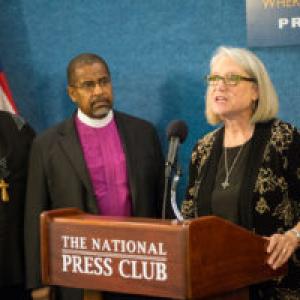
Further, this proposed budget seems to be based on an assumption that poor people and children should fund our national defense. The National Council of Churches and the Circle of Protection do not agree. The biblical prophets teach us that our security depends on upholding justice for people in poverty. Common wisdom in our own time tells us, “a hungry man is an angry man.”
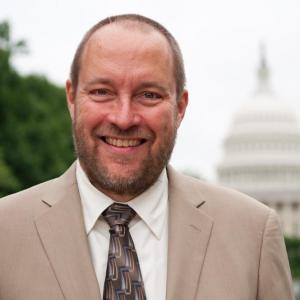
Evangelicals believe that people and nations are sufficiently blessed by God’s common grace that we can seek the good of others, as well as our own welfare. As a result, we are prepared to work together across partisan divides and to respect those with whom we may differ on policy choices. Our churches bring together Democrats, Independents, Republicans, and people who have no political affiliation at all. Our call to protect programs that serve our most vulnerable neighbors transcends any political party.
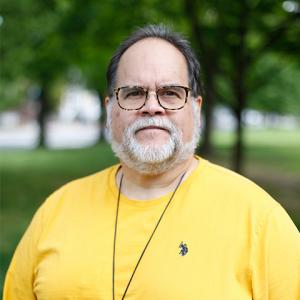
Coming together from all streams of American Christianity to speak in opposition to cuts on the safety-net programs is no minor achievement. We have a widespread consensus on the priority of providing essential life saving support to poor people in our country. We also agree in that the ultimate goal is to create a just society in which everyone live an abundant life that includes meaningful work with fair salaries, affordable health care and education, and time for leisure and recreation.
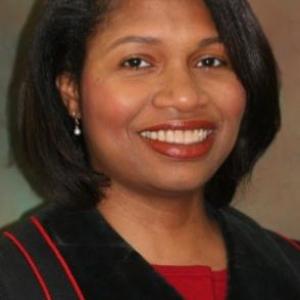
When we say the most vulnerable or the “least of these” we are not talking about numbers on a page. We are talking about the elderly — grandmothers and grandfathers, deacons, trustees, and ushers, children’s ministry workers, community leaders, and those who have worked for decades to provide for themselves and their families. We are talking about children and youth who were born with purpose and possibilities, who have their whole lives ahead of them, future pastors, and lay leaders, lawyers, teachers, journalists, and members of Congress — those who will determine the future our nation. We’re talking about those who have disabilities and those who work hard every day – sometimes two and three jobs to make ends meet and provide for their families but get paid low wages that do not cover the high cost of living in most cities and towns in our nation.
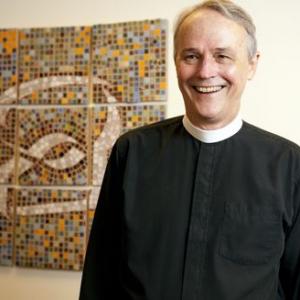
During the election campaign, many Christian leaders together asked the presidential candidates to tell us what they would do to provide help and opportunity to hungry and poor people. Donald Trump wrote to us on Sept. 28. You can find his letter on circleofprotection.us. Candidate Trump expressed concern about poverty in America and around the world. He said nothing about deep cuts in the programs that help people in poverty.